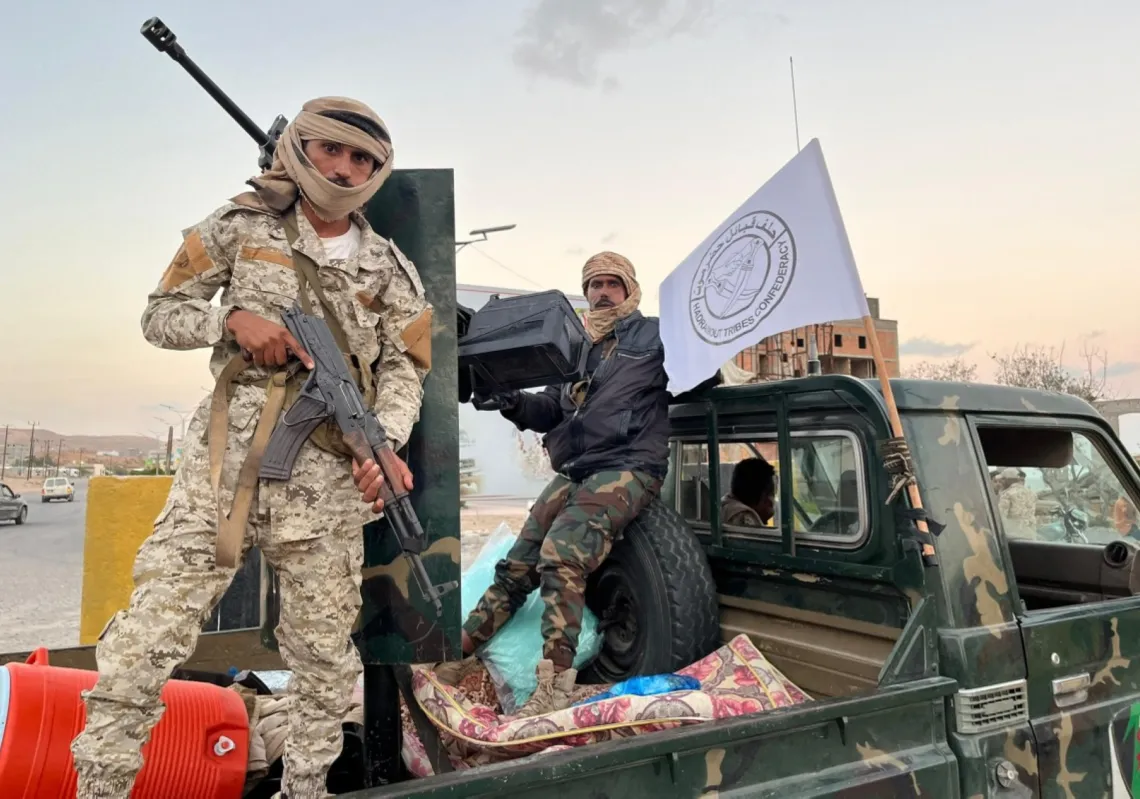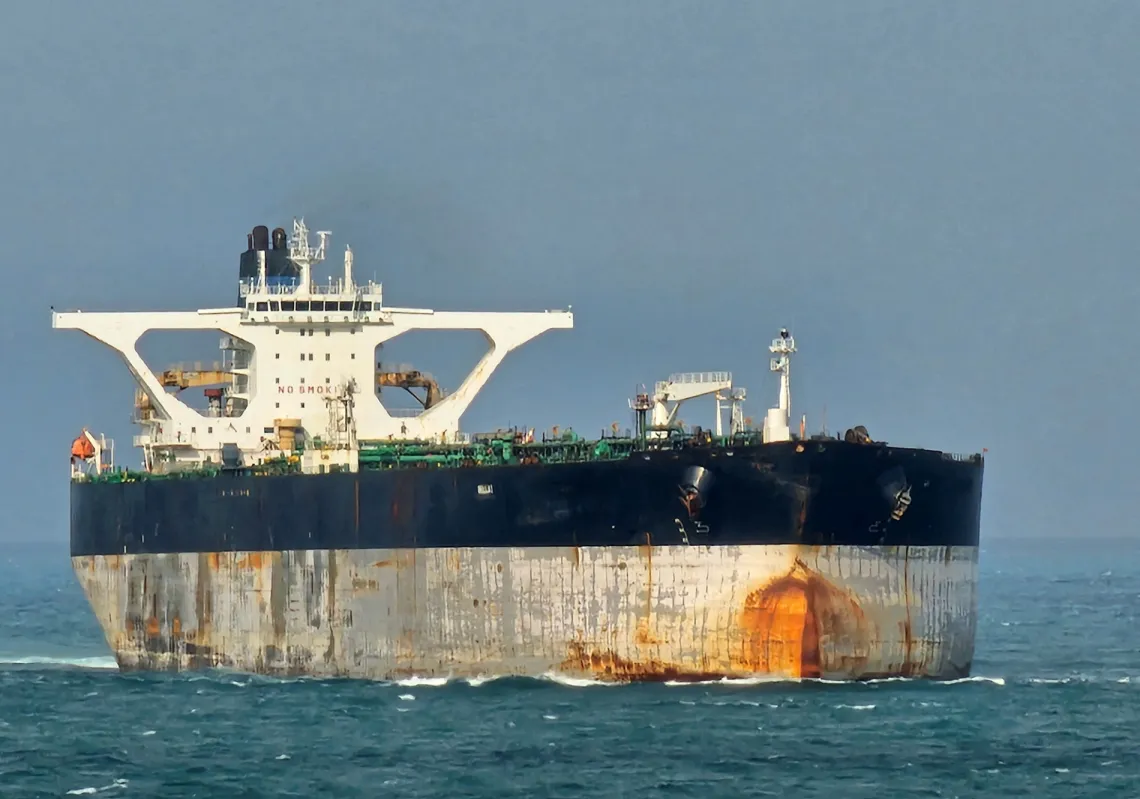After four years of isolation, Syria is back from the cold. Visitors from the US Congress and
Western-aligned Arab states have all recently arrived in Damascus echoing President Obama’s sentiment of engagement with the Ba’ath regime. Despite uncertainty surrounding the peace intentions of the new Israeli government, many in Washington hope Tel Aviv will soon resume peace talks with a seemingly compliant Damascus. By dangling the occupied Golan Heights as reward, it has been argued that President Bashar al-Asad can somehow be ‘flipped’ from his long-standing alliance with Iran, leading to a Sadat-esq realignment with the West. Yet such an assessment misunderstands the nature of the Iran-Syria relationship. With or without a peace with Israel, Damascus has no interest in forsaking Tehran.
Three false analyses dominate Washington’s view of the Syria-Iran relationship. Firstly, Israeli scholar Eyal Zisser’s claim that during the Bush years the Ba’ath regime has, ‘essentially made itself a client state of Iran,’ and is dependent on Tehran. This has led advocates of the ‘flipping’ strategy such as former US secretary of State James Baker to believe that Washington could provide economic and diplomatic incentives to ‘wean them from Iran’, as he told Newsweek in January 2009. In the same interview Baker espoused the second fallacy that the alliance is merely a ‘marriage of convenience’. This realist approach suggests the two regimes’ ideologies are incompatible and their closeness derives from shared enemies rather than shared views. The final hypothesis originates from America’s Sunni Arab allies in Egypt, Saudi and Jordan who claim the basis of the relationship is the ruling elites’ shared Shiism. Jordan’s King Abdullah II famously denounced the alliance between Asad’s Shia Alawis and the Islamic Republic as forming a ‘Shia crescent’ which will envelope Lebanon and Iraq to threaten traditional Sunni hegemony in the region.
In considering the first analysis, Syria cannot be seen as Iran’s client state as it is neither economically, militarily nor politically dependent on Tehran. Economically, whilst new oil refineries and car plants have been built using Iranian money, trade between the states is insignificant. Syria’s main trade partners are Saudi, Iraq, Lebanon, China and the EU, with barely 4.3% of imports and a negligible amount of exports coming from Iran. Similarly, whilst the Ayatollahs have eagerly funded several Ba’athist military programs, Damascus’ principal arms dealer is Russia, who recently supplied Asad with a new arsenal of missiles following public loyalty during the 2008 Georgia War.
Politically, whilst President Mahmoud Ahmedinejad did provide visible support to the Ba’ath regime at the height of the Bush-led diplomatic boycott, to speak of dependence is a gross exaggeration. Unlike Saddam Hussein, Asad never faced major economic or diplomatic sanctions whilst isolated, with the Arab states, the EU and China refusing to follow America’s lead in recalling ambassadors and stifling trade. Moreover, much of Syria’s recent international rehabilitation has come due to political relationships forged without the assistance of Iran. A new closeness to Turkey facilitated the indirect talks with Israel that softened western views towards Damascus. Similarly, an alliance with Qatar helped ease Syria’s rehabilitation within the Arab world, the former hosting the Doha Agreement in 2008 that resolved tensions in Lebanon to Asad’s advantage. The Iran relationship is therefore one of choice not necessity and not something from which it must be ‘weaned’.
Similarly, the realist thesis, which stems from the confusion over why a Persian theocracy should ally itself with a secular socialist Arab autocracy, doesn’t stand up to scrutiny. This theory argues that the alliance was forged during the Iran-Iraq war in 1980 due to common enmity with Saddam Hussein. Similarly, currently sharing enemies in Israel and the US supposedly sustains the alliance. By this logic, now that Saddam is out the picture, if Syria made peace with Israel and improved ties to the US, the reason for this illogical alliance would disappear. Yet this analysis ignores the fact that during the 1990s, when Hafez Asad was in dialogue with the US and Israel, and Saddam’s Iraq was neutralised by sanctions, the Iran relationship remained strong. Whilst a condition of peace with Tel Aviv would probably involve a moderation and disarming of Hezbollah which would inevitably alter the nature of Damascus’ relationship with Tehran, the past precedent is not for Syria to swiftly abandon its ally for more ideologically-similar regimes.
The final theory, the Shia connection myth, is gaining ground amongst America’s Arab allies. As a state with a Sunni majority, these allies argue Syria would naturally be aligned alongside Egypt, Jordan and Saudi were it not for the ruling Alawi elite who, as a branch of Shiism, prefer their co-religionists in Iran and Hezbollah. The long-marginalised Sunnis within Syria point to the recent growth of Iranian funded Shia mosques in their country, to support fears that Damascus is facilitating a Tehran-led Shia regional expansionism. However, this religious link is exaggerated. The Ba’ath party and the Alawis in particular remain fiercely secular and continue to suppress Islamists, even if they will allow new mosques to be built in exchange for oil refineries and car plants. Whilst the elite probably do wish to keep the Sunni majority from power, they also depend on other non-Alawi minorities for support such as the Christians, Armenians and Druze. To lead the country down a distinctly Shia path would risk this crucial support. Moreover, whilst their friends in Tehran and Hezbollah are Shia, other equally close allies such as Hamas are Sunni, as are the insurgents Damascus indirectly supported in Iraq, and its new-found friends in Turkey and Qatar.
What all three analyses fail to appreciate is how Syria uses its alliance with Iran to increase its regional importance. By presenting itself as the most moderate of the rejectionist anti-West coalition in the Middle East, Damascus becomes an important port of call for any Western politician looking for dialogue. Bashar al-Asad repeatedly has spoken of his desire to form a bridge between the Islamic Republic and the West whether peace with Israel is secured or not. In short, the Iran connection gives Syria a regional role, allowing it to play the moderate younger brother to temper Tehran’s tantrums. For a state that has always aspired to lead the Arab world, sacrificing this relationship would reduce Syria to a regional insignificance which even the coveted Golan Heights couldn’t recompense. Regional prestige rather than necessity, expediency or religion therefore determines the relationship with Tehran, and it is unlikely that Damascus will see this as open for negotiation.








